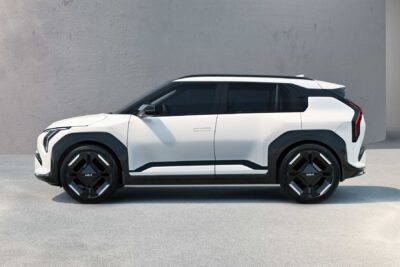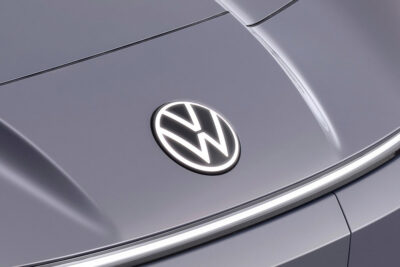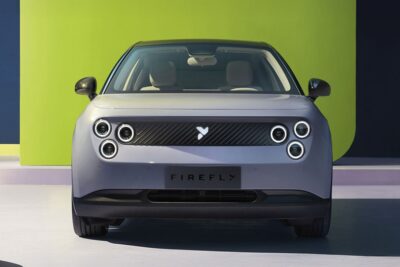When quantity is put over quality
According to a recent survey in China, nearly 70 per cent of respondents said they regretted buying a new-energy vehicle (NEV). Batteries are the most common customer complaint: Problems range from draining too fast, to running dangerously hot, others do not perform as advertised. Around 40 NEVs spontaneously combusted in China last year.
For a number of reasons, including government subsidies for EVs and permit restrictions for the purchase of combustion engines, China is responsible for more than half of all electric car sales in the world. Last year, Chinese manufacturers sold 1.256 million NEVs, predominantly electric cars, with an exponential growth factor of nearly 62 per cent more NEVs being sold in 2018 than the year before. These figures make the country’s targeted goal of 2 million NEVs sold in 2020 seem quite likely.
While these are impressive figures to be sure, Bloomberg reported that both in the above-mentioned survey and throughout Chinese social and traditional media, drivers of NEVs had more complaints than drivers of combustion engines. Here, one must of course keep in mind that NEVs are by far the newer technology and bound to experience a few fumbles in the starting blocks, but this seems to be a little more than a few fumbles.
China is the land of the transport transition boom, with Bloomberg quoting estimates of around 500 NEV startups across the country. Although this atmosphere has led to industry acceleration and consumer uptake, Chinese government restrictions on imports have also led to inhibited international competition in the cheaper end of Chinese markets. Most of these new electric carmaking companies have little experience in building vehicles, which shows. In terms of batteries, the lack of attention to quality and sustainability has obviously made holes in the satisfaction levels of Chinese consumers.
It seems that the lack of sustainability thinking in the Chinese NEV product train can only leave more gaps open to international competitors in both domestic and international markets, something Volkswagen may have finally clocked onto, with its call for more support for smaller, cheaper electric vehicles in Europe.





0 Comments